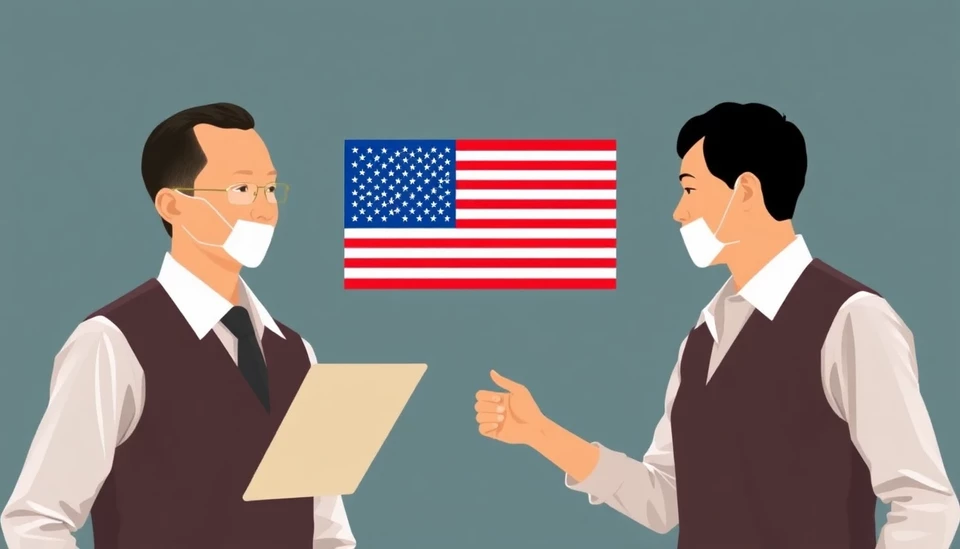
Thailand's government has recognized the recent imposition of tariffs by the United States as a crucial moment to reevaluate and reform its import policies. This move comes in the wake of increased trade tensions between the two nations, particularly affecting various sectors in Thailand, which has now begun to see the tariffs as a catalyst for necessary change rather than just an economic setback.
The U.S. announced the tariffs as part of its broader strategy to protect domestic industries from foreign competition. This decision has had a ripple effect on Thailand, particularly in sectors such as agriculture and manufacturing, which heavily rely on exports to the American market. However, the Thai government is turning this challenge into an opportunity to restructure its import regulations in a way that better supports local industries and promotes sustainable economic growth.
The Thai Commerce Ministry is actively exploring the implications of the U.S. tariffs and is looking to engage with local producers to understand their concerns and needs. These discussions aim to ensure any reforms will not only mitigate the unfavorable impact of the tariffs but also enhance the competitiveness of Thailand's goods in both domestic and international markets.
Key reform proposals include simplifying import procedures, reducing tariffs on certain raw materials, and increasing support for local businesses to adapt to new market realities. Officials from the Commerce Ministry have stated that this initiative is part of a broader goal to make Thailand a more attractive destination for both foreign and domestic trade, fostering a more resilient economic environment moving forward.
Moreover, the Thai government is keen on promoting innovation and technology in various sectors, encouraging partnerships between the public and private sectors. This collaborative approach is seen as vital for creating jobs and ensuring that the benefits of trade are more evenly distributed among the Thai population.
As Thailand navigates these challenges, its focus will also remain on strengthening alliances with other trading partners. By diversifying its market affiliations and reducing reliance on the U.S. alone, Thailand aims to bolster its economic stability. Stakeholders are optimistic about the potential benefits that could accrue from this shift in focus, particularly in the context of the ongoing global economic transformations.
The situation continues to evolve as the Thai government monitors economic indicators and industry feedback closely. Authorities are committed to implementing strategies that will not just address the immediate effects of the tariffs but will also lay the groundwork for sustainable growth and a more robust trade environment in the future.
In summary, while the imposition of U.S. tariffs has posed significant challenges for Thailand, the government is proactively seeking to transform these difficulties into opportunities for meaningful reform and economic advancement.
#Thailand #USTariffs #ImportPolicy #EconomicReform #TradeAgreements #SustainableGrowth #Innovation #LocalIndustries #CommerceMinistry
Author: Daniel Foster




